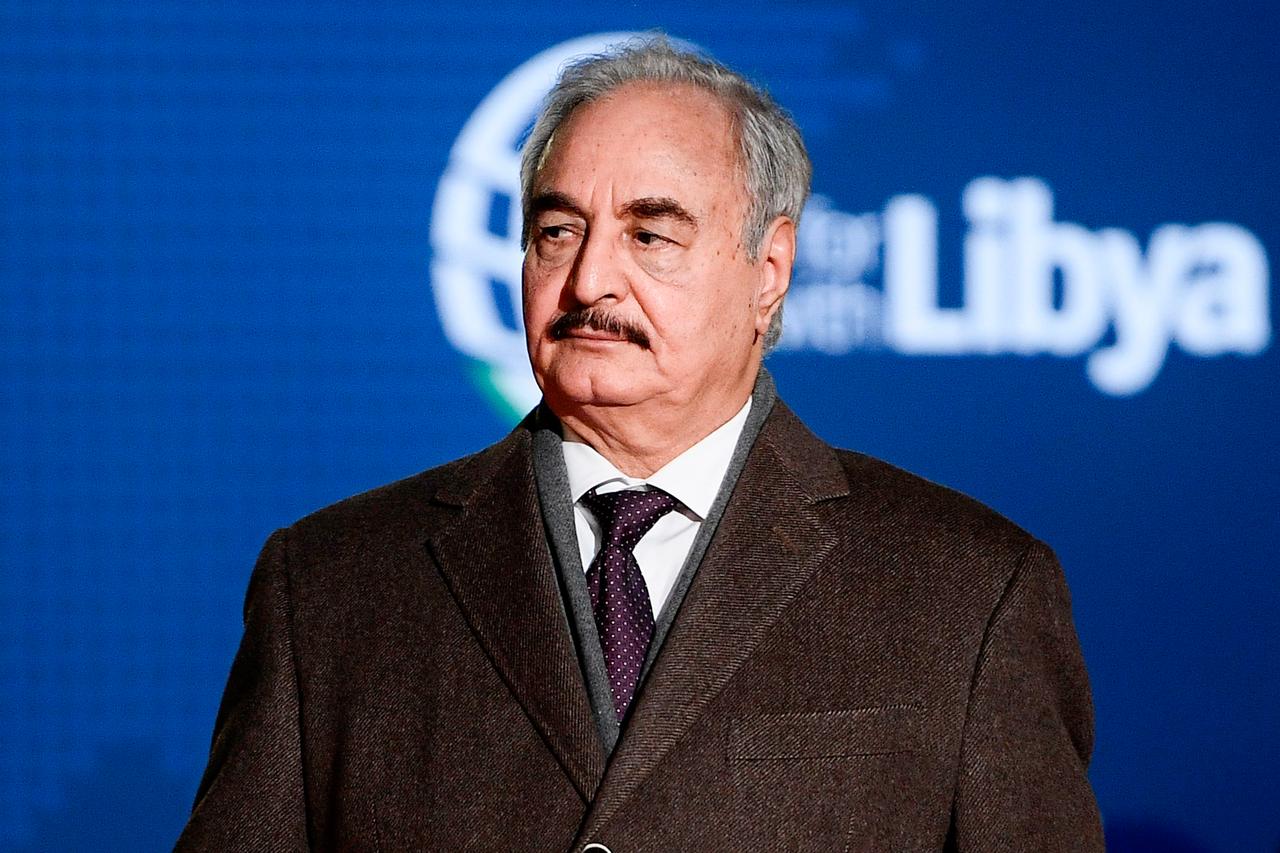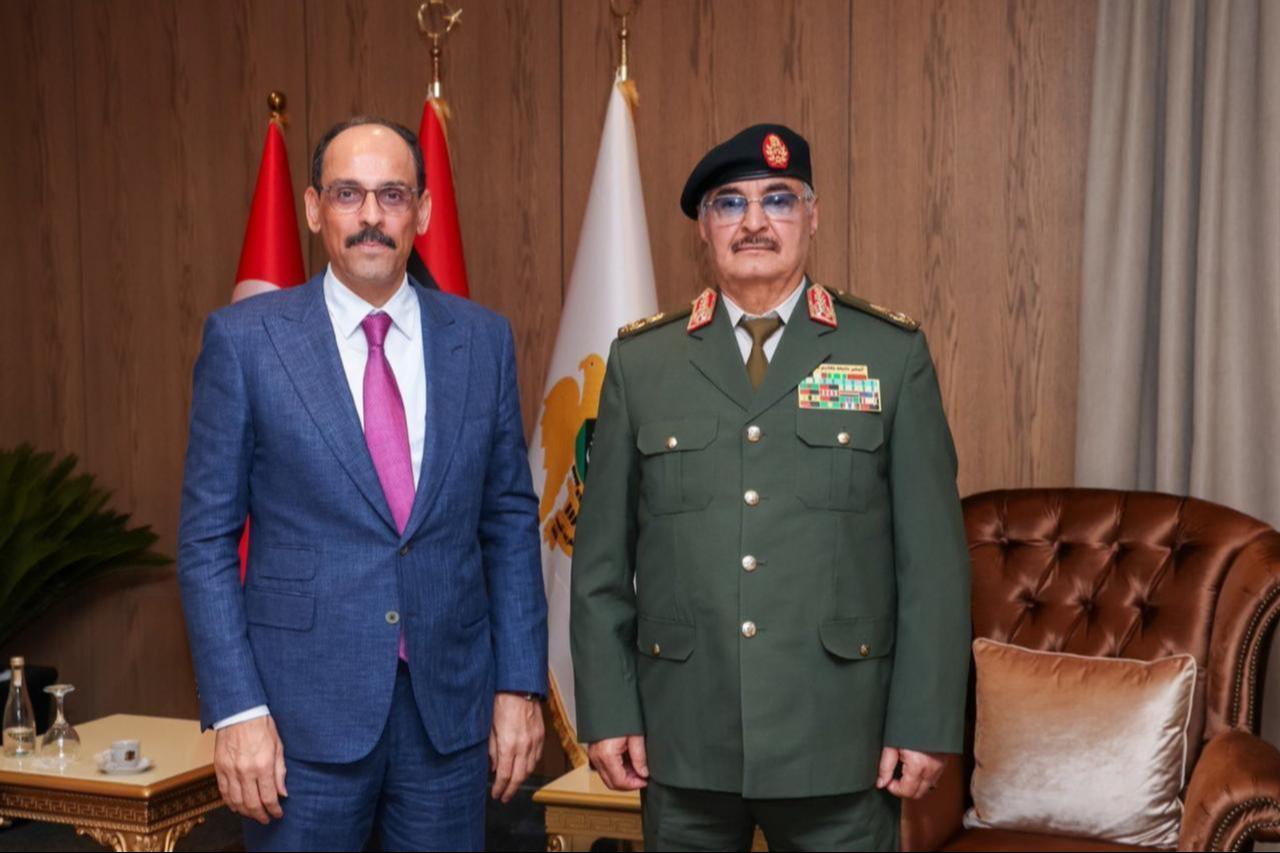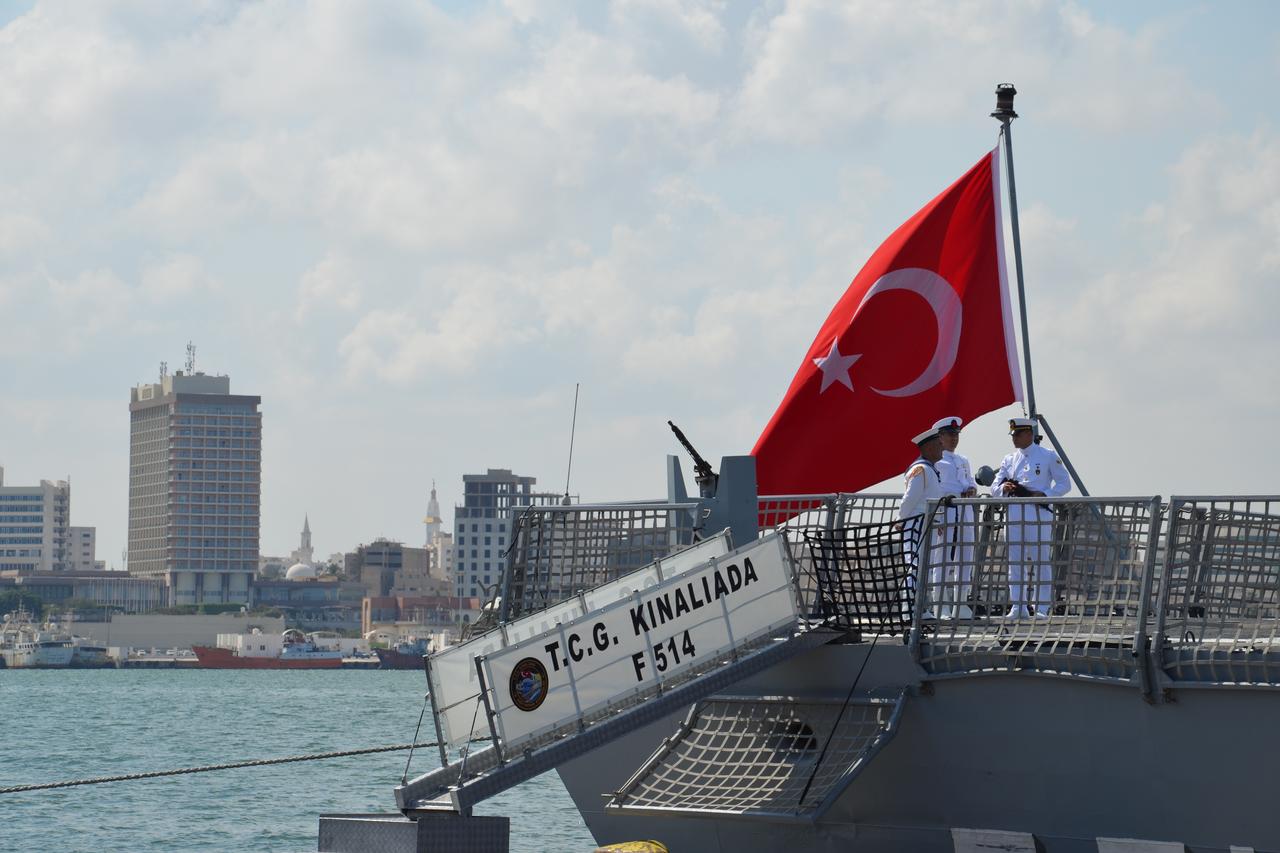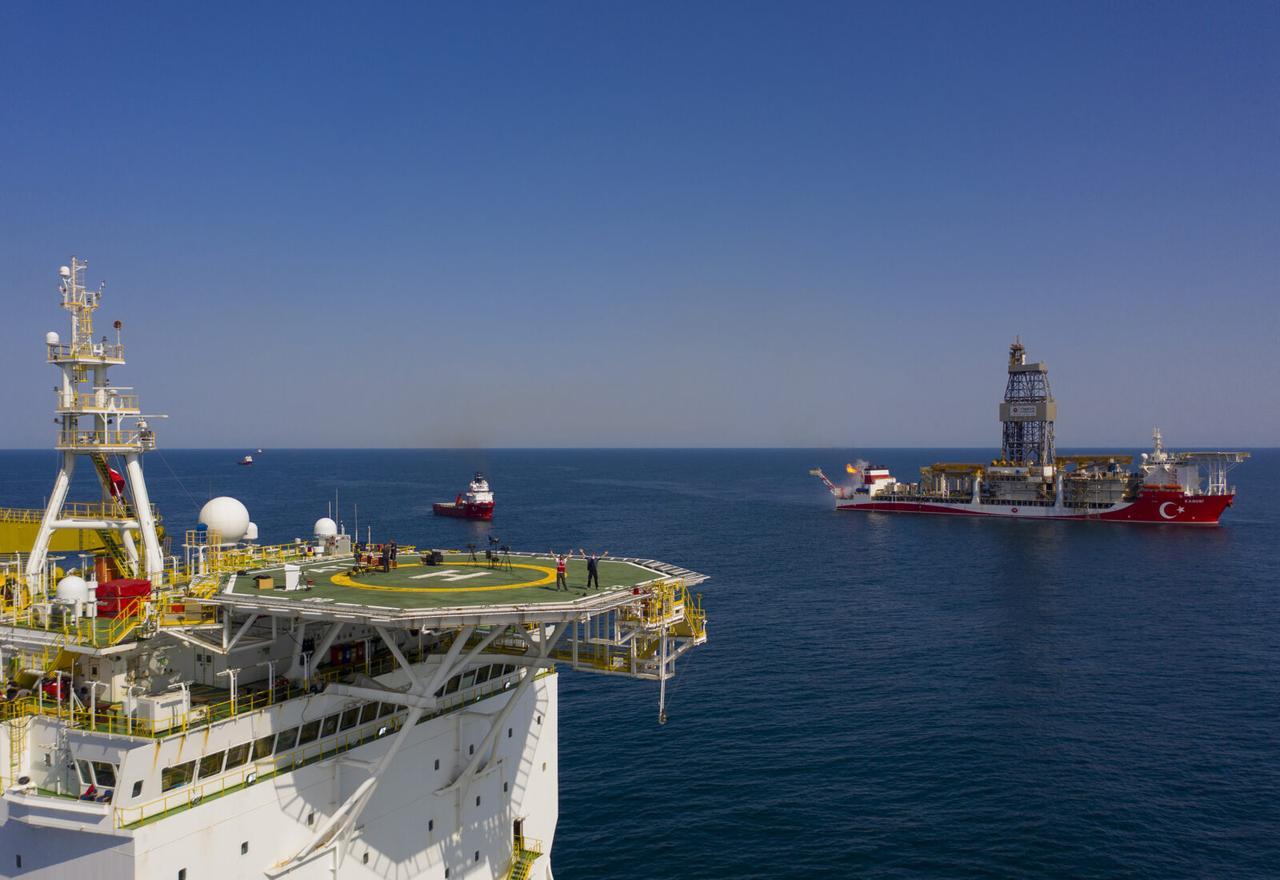
Eastern Libyan commander Khalifa Haftar plans to visit Türkiye later this month, marking a significant shift in relations after years of military confrontation, according to Turkish, Libyan and Egyptian sources familiar with the matter.
The planned visit follows a meeting last week between Haftar and Türkiye's National Intelligence Organization (MIT) chief Ibrahim Kalin in Benghazi—the first senior-level engagement between the two sides.
Three sources told Middle East Eye (MEE) on Tuesday that Kalin invited Haftar to Türkiye during the meeting, with the eastern commander agreeing in principle to visit later in September, though the exact date could be postponed depending on developments on the ground.

Türkiye's outreach to Haftar comes as Ankara lobbies the Tobruk-based, Haftar-aligned parliament to ratify a 2019 maritime delimitation agreement signed with the U.N.-recognized Government of National Unity (GNU) in Tripoli.
The agreement delineates exclusive economic zones (EEZ) between Türkiye and Libya, granting them sovereign rights over potentially hydrocarbon-rich maritime areas.
Libya's eastern-based House of Representatives, which initially opposed the deal, has announced the formation of a technical committee to re-examine the agreement. Media reports suggest Parliament is now considering ratifying the accord, a move that would provide unified Libyan support and enhance its implementation prospects.
Egypt and Greece have pressed Haftar against approving the deal, with Cairo continuing to lobby against it in recent weeks. "The visit underscores efforts by Saddam to expand Haftar's network of allies, including his previous meetings with Qatari officials," a Libyan source familiar with the talks said to MEE, referring to Haftar's son and designated successor.

During Kalin's Benghazi visit, Turkish naval vessel TCG Kinaliada docked at the city's port.
A Turkish military delegation led by Major General Ilkay Altindag met with Saddam Haftar to discuss strengthening military and naval cooperation under the slogan "One Libya, One Army."
Khalifa Haftar later boarded the ship, stressing the "deep historical ties between the Libyan and Turkish naval forces." The engagement followed Saddam's attendance at Türkiye's IDEF defense fair last year, where he met the Turkish defense minister and other officials.
Foreign Minister Hakan Fidan also recently said during an interview that he could also visit Benghazi in the coming months, depending on the eastern Libyan government taking steps in a positive direction, declining to detail Ankara's expectations.
As in energy, Libya's National Oil Company recently signed a memorandum of understanding with the Turkish state oil company TPAO to conduct geological and geophysical studies of four offshore areas.
The approval of the maritime agreement by the House of Representatives would allow Türkiye to begin seismic surveys and drilling operations without triggering a domestic crisis in Libya.
The potential ratification could prompt Cairo to pursue a similar arrangement with Türkiye, potentially extending Egypt's exclusive economic zone through an agreement with Ankara. This pragmatic engagement could unlock significant economic potential in the Mediterranean's hydrocarbon resources.

Türkiye's engagement extends beyond security matters. President Erdogan met with Aguila Saleh, the Tobruk-based parliament speaker, in August 2022 and December 2023, signaling Ankara's willingness to engage with Libya's eastern region.
Ankara is now viewed as a potential partner for completing unfinished construction projects in Benghazi and contributing to the country's reconstruction.
The Aug. 1 Istanbul summit among Türkiye, Italy and Libya highlighted aligned priorities on energy, migration and regional influence. In their joint declaration, the three countries expressed strong support for a U.N.-facilitated, Libyan-owned political process to safeguard Libya's unity, security and sovereignty.
Türkiye has positioned itself as supporting the restoration of state institutions and facilitating a national dialogue aimed at reaching a consensus, while encouraging both sides to hold the long-awaited elections.